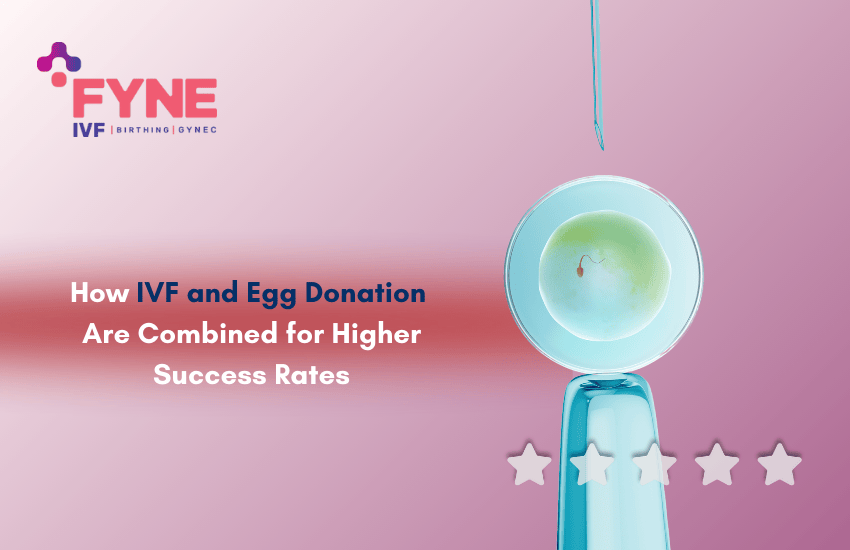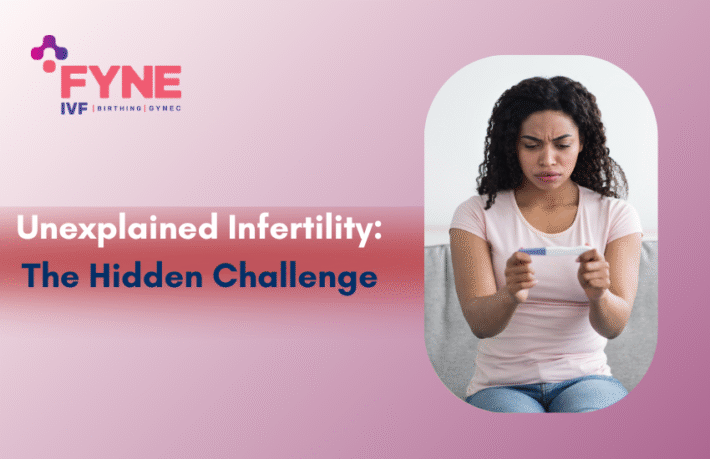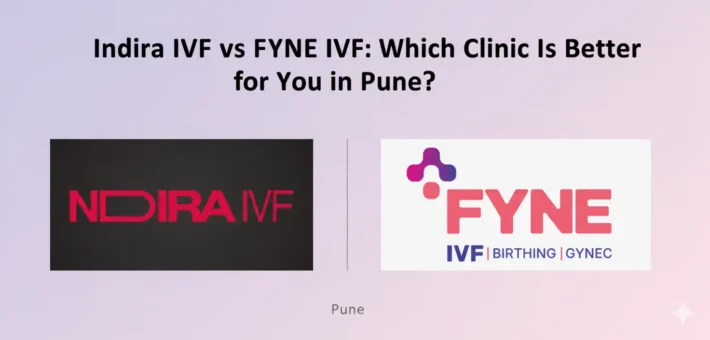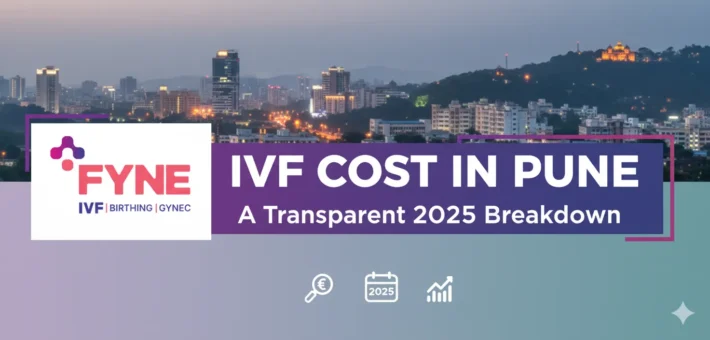How IVF and Egg Donation Are Combined for Higher Success Rates

In vitro fertilisation (IVF) has been a life-changing advancement for countless individuals and couples facing infertility. For some, combining IVF with egg donation offers the best chance of achieving pregnancy, especially when factors like advanced maternal age, poor egg quality, or genetic conditions are involved. In this blog, we’ll walk you through how IVF and egg donation work together, the egg donation procedure, and why this combination often leads to higher success rates.
What Is Donor Egg IVF?
Donor egg IVF is a fertility treatment in which a healthy egg from a donor is fertilised with sperm (either from a partner or donor), and the resulting embryo is implanted into the uterus of the intended parent or a gestational carrier.
This method is often recommended when:
- The patient’s eggs are not viable
- The woman has experienced repeated IVF failures
- There is a risk of passing on genetic disorders
- The patient is of advanced maternal age (usually over 40)
Who Can Benefit from Egg Donation?
Egg donation offers hope to many individuals and couples, including:
- Women with low ovarian reserve or poor egg quality
- Women with premature ovarian failure
- Cancer survivors who’ve lost fertility due to treatment
- LGBTQ+ couples or single intended parents
- Those who have gone through multiple unsuccessful IVF cycles
The Egg Donation Procedure Step-by-Step
Whether you’re an intended parent or curious about how egg donation works, here’s a simplified breakdown of the process:
1. Donor Selection
Intended parents can choose from anonymous or known donors. Medical history, genetic screening, and physical characteristics are considered during selection.
2. Synchronisation
The donor and recipient’s menstrual cycles are synchronised using medications to ensure optimal timing for egg retrieval and embryo transfer.
3. Egg Retrieval
The donor undergoes controlled ovarian stimulation for 10–12 days. Mature eggs are then retrieved using a minimally invasive procedure under sedation.
4. Fertilisation
The donor eggs are fertilised with sperm in a lab. In some cases, ICSI (Intracytoplasmic Sperm Injection) is used to enhance fertilisation rates.
5. Embryo Development
The fertilised eggs are cultured for 3–5 days until they develop into embryos. Embryo quality is assessed before transfer.
6. Embryo Transfer
One or more embryos are transferred into the recipient’s uterus. Any remaining viable embryos may be frozen for future use.
7. Pregnancy Test
A blood test is done approximately 2 weeks after the embryo transfer to confirm pregnancy.
Why IVF with Egg Donation Has Higher Success Rates
Using donor eggs in IVF typically results in higher success rates for several reasons:
1. Younger, Healthier Eggs
Egg donors are usually women under 32 years of age with no history of infertility. Their eggs tend to have better quality, which improves the chances of fertilisation and healthy embryo development.
2. Lower Risk of Chromosomal Abnormalities
Since egg quality declines with age, older women using their eggs face higher risks of chromosomal issues. Donor eggs reduce this risk and increase the chance of a healthy pregnancy.
3. Improved Uterine Environment
The recipient’s uterus is prepared in advance to be as receptive as possible. Without the added strain of ovarian stimulation, the uterine lining is often in better condition for implantation.
4. High Live Birth Rates
Studies show that live birth rates with donor egg IVF are consistently high, even in women in their 40s or those with a history of infertility.
Is Donor Egg IVF Right for You?
Choosing IVF with egg donation is a deeply personal decision. While it offers high success rates, it also involves emotional, financial, and ethical considerations. Today, IVF clinics provide complete counselling and support at every stage, whether you’re exploring this path for the first time or transitioning after other fertility treatments.
Final Thoughts
Combining IVF and egg donation opens up new possibilities for people who may have lost hope. With the use of healthy donor eggs and advanced reproductive techniques, many patients experience a renewed chance at parenthood with success rates that are often significantly higher than standard IVF.
Trust FYNE IVF for a Seamless Fertility Journey
If you’re considering donor egg IVF or want to know more about the egg donation procedure, we’re here to help. Book a consultation with Fyne IVF to take the next step in your fertility journey with care, expertise, and hope by your side.
FAQs
- Q: What is donor egg IVF?
A: It’s a type of IVF where eggs from a healthy donor are fertilised and transferred to the intended parent’s uterus, often used when the patient’s own eggs are not viable. - Q: Who qualifies for IVF with donor eggs?
A: Women with poor egg quality, early menopause, repeated IVF failures, or genetic conditions, as well as LGBTQ+ couples and single parents. - Q: Is the egg donation procedure safe for donors?
A: Yes, donors undergo thorough screening and are monitored closely during the process, which includes hormonal stimulation and egg retrieval under sedation. - Q: Can I choose my egg donor?
A: Yes, most fertility clinics offer profiles of anonymous or known donors, allowing you to select based on medical and personal criteria. - Q: Are success rates higher with donor egg IVF?
A: Yes, especially for women over 40 or with previous IVF failures, as younger donor eggs tend to lead to higher fertilisation and pregnancy rates.


